The AI blockchain: What is it really?
Artificial Intelligence (AI) is everywhere — powering our search engines, writing our emails, optimizing logistics, diagnosing diseases, and even shaping how we find justice. It’s no longer a curiosity looking to the future — it is an invisible engine that drives our modern social, cultural, and economic lives. However, as AI technology has accelerated, so has the question of who gets to control that technology.
At the current moment, most of the most powerful AI models in the world — such as OpenAI’s ChatGPT, Google’s Gemini, and Anthropic’s Claude — are built upon a centralized infrastructure controlled by a small group of mega-corporations. These mega-corporations are the same entities that own the data, train the models, and develop those processes all behind closed doors. This model could be efficient, but it is fragile, opaque, and undemocratic in many ways.
Fortunately, we are at the early stages of a new movement: decentralized AI, driven by blockchain. And it may remedy Big Tech’s monopoly in the future.
Centralized AI: Potent… and Dangerous
At face value, centralized AI is rational. You aggregate powerful GPUs into large data centers, you give them oceans of data, and you tune large models to become generative goliaths. However, this system has a lot of key vulnerabilities:
⚠️ Single Points of Failure
If a large data center hosting a popular AI service goes offline — whether an external cyber-attack, natural disaster, or simply an old piece of hardware — then entire ecosystems of apps and services could go dark. Centralized systems create single points of failure. A local failure can create a global domino effect.
🔓 Significant Security Exposure
Data centers hosting AI services potentially hold massive troves of sensitive information (user inputs from the AI model, training data, codebase, etc.). In addition, these data centers are prime targets for cybercrime and nation-state hackers. If breached, the data center may lose huge amounts of private or proprietary data.
🏛️ Jurisdictional Confusion
When your AI device is hosted in one country, then it is under that country’s laws. However, the users of the AI use the system from all over the world. This makes data sovereignty, compliance, and legal accountability messy. For example, the European privacy laws (GDPR) often conflict with American data practices, causing a headache for companies and users alike.
🏢 The AI Monopoly
The big question? Monopolization of business. Right now, there are only a handful of businesses with monopoly power in AI. OpenAI, Google, Microsoft, Meta, and Anthropic have the infrastructure, the data, how it trains, and increasingly, rules. They control access, they will control what the pricing will be, and they will control innovation. The result is that AI is just going to be a gated technology, available to people who have enough resources to pay whatever prices the monopolies will extort.
A Better Future: The Promise of Decentralized AI
What if AI weren’t just under the existing corporate wall?
For example, AI models trained by communities, hosted on a network of contributors, and governed by many dependent on a collective or cooperative framework. This is the promise of decentralized AI and providing transparency, accessibility, and fairness with the help of blockchain (distributed ledger technology).
Let’s see what the radical possibilities of decentralized AI are.
🔑 Fundamental Pillars of AI Blockchains
-
🧾 Translated Data Attribution
In the current AI world, your data trains models, and you get zero compensation. Blockchain solves that.
We can create proof-of-attribution mechanisms that track every data point used in model training, along with every source that used it and the value they added.
For instance, OpenLedger’s reward system gives tokens to data creators every time their contribution is accessed by an AI model. It is a fair, traceable, opt-in data economy that is completely missing from today’s AI monopolies.
-
💸 AI Royalties & Creator Monetization
You communicate a question to a decentralized chatbot, and it pulls insights based on a blog post that you wrote on Medium.
In a blockchain AI model, the blog post is automatically attributed to you, and you get paid a few digital tokens as compensation.
This creates a new AI-powered creator economy in which artists, researchers, writers, and domain experts can sell or license their data or knowledge directly to the AI ecosystem, with smart contracts providing payment, attribution, and ownership assurances.
-
🧠 Decentralized Model Lifecycles
Currently, most AI models are trained in secrecy. You don’t know who built them, how they have been fine-tuned, or what data set has been used to determine their performance. This poses a serious challenge for accountability, safety, and bias mitigation.
Decentralized AI is changing that — there is transparency and community ownership at every point of development from model proposal, training, and deployment. Processes work through decentralized autonomous organizations (DAOs). Token holders hold votes for model updates, new model features, and content policies − thereby ensuring that models continue to evolve based on the needs of the community rather than stakeholders’ motivations.
-
⚙️ Distributed Compute Infrastructure
Most AI models require massive compute power to train and deploy. Decentralized platforms are showing us that massive compute power doesn’t have to come from mega data centers.
For example, Render Network allows users to rent idle GPU power from their laptops or desktops, which are pooled together to create powerful, affordable AI infrastructure.
Another example, Open Ledger, has built Open Lora, which goes a few steps further by allowing many (hundreds) of fine-tuned AI models to run at the same time on a single GPU block, which dramatically reduces their operational costs and brings advanced AI to everyday users.
🌐 Why Decentralized AI Is A Global Necessity
The AI revolution is going to impact every sector: finance, education, mobility, manufacturing, governance, art, and more. The question is, who gets to influence AI?
If we let five corporations control it:
- Monopolistic power structures will prevail
- Loss of transparency will take place
- Innovation will be stifled
- Privacy will be infringed upon
- Biased or unethical AI will be normalized
- Displacement of workers will not be taken responsibly
AI Blockchain decentralises power, creating models that are:
✅ Auditable and traceable
✅ Inclusive of borders and languages
✅ Available for anyone with an idea or dataset
✅ Censorship-resistant, shutdown-resistant, monopoly-resistant
They offer a more diverse and open AI ecosystem and involve everyone in the value chain.
🚀 Decentralized AI is in play: Use Cases are coming to light now
- Health Care: Blockchain permits secure, decentralised storage of patient records, while AI can simultaneously generate diagnostic tools that provide patient privacy, and recognition of any contributors, researchers.
- Supply Chains: Decentralized records provide verifiable shipping logs, while AI can leverage those logs for prediction and to automate record logistics optimization.
- Finance: DeFi platforms with AI can improve investing or risk management with explanations based on community-sourced economic indicators.
- Education: AI tutors can publicly reward contributors who develop lesson plans, quizzes, explanations, etc.
🛡️ The Last Defense against AI Monopoly
Centralized AI is not only a technical issue; it is an existential issue. Centralized AI gives a handful of companies the ability to:
- Swiftly sway elections
- Swiftly vary public discourse
- Evaluate personal conduct
- Control access to public intelligence tools
- Be gatekeepers to which innovations to snuff out, or those to allow to flourish
We can’t let AI become a black box monopoly. Decentralized AI, powered by blockchain, is our only defense.
🌍 In Closing: Everyone Owns AI
AI will become the most revolutionary technology since the internet arrived; however, just like the internet’s inception, AI is at a crossroads:
- A path of closed platforms, surveillance capitalism, and corporate hegemony
- A path of open platforms, broad participation, and shared wealth
AI blockchains provide the necessary tools to build an open-source, community-governed, permissionless, and equitable intelligence ecosystem.
We need AI to be built by people, for people; the intelligence revolution should belong to all people, not just those with server farms.
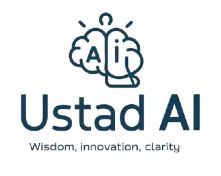
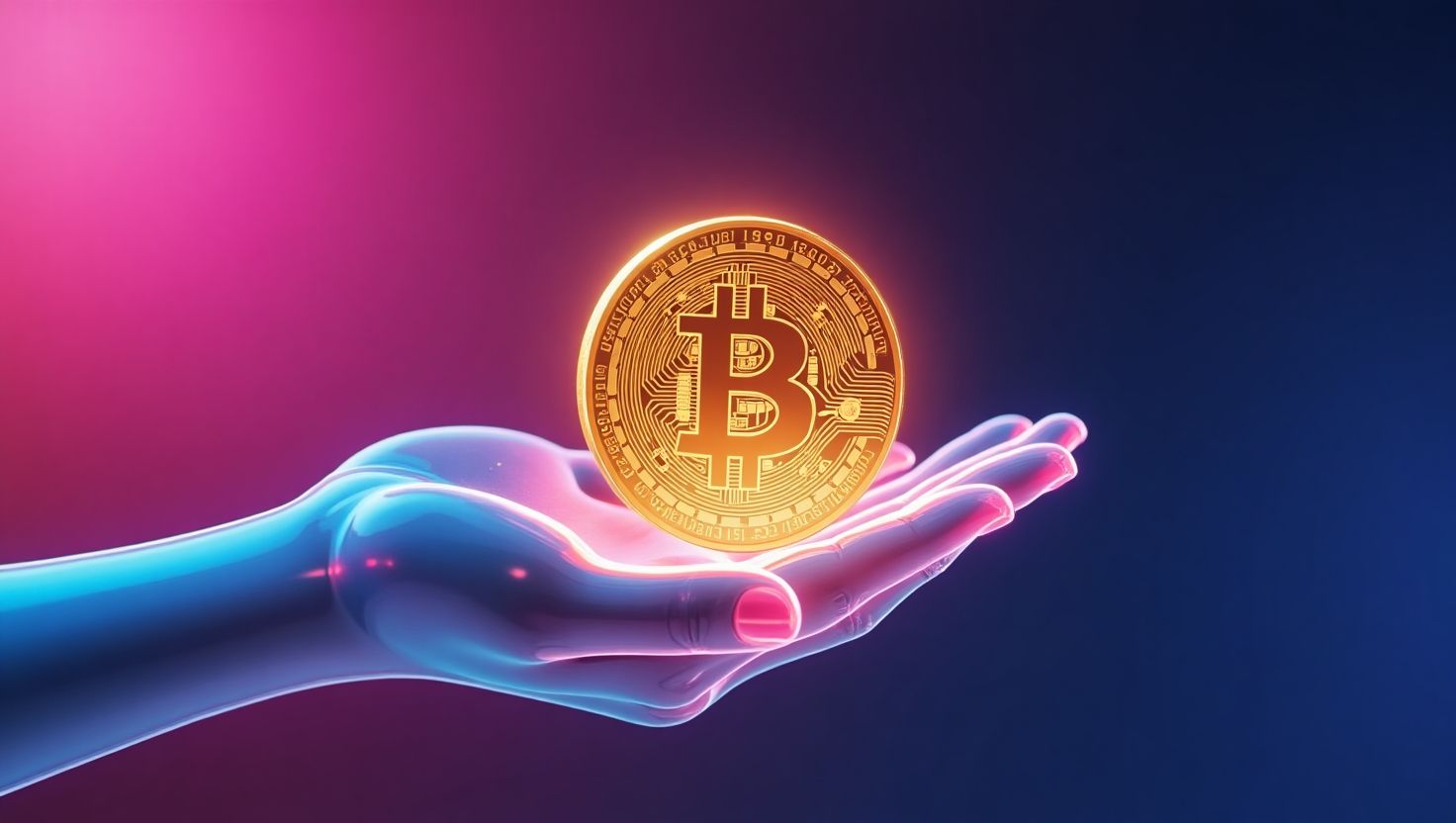
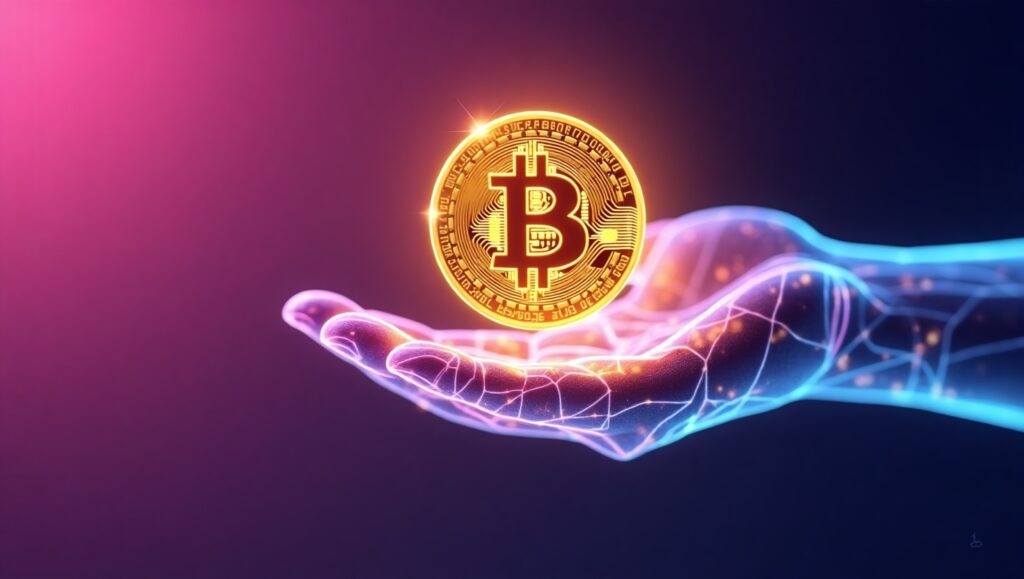
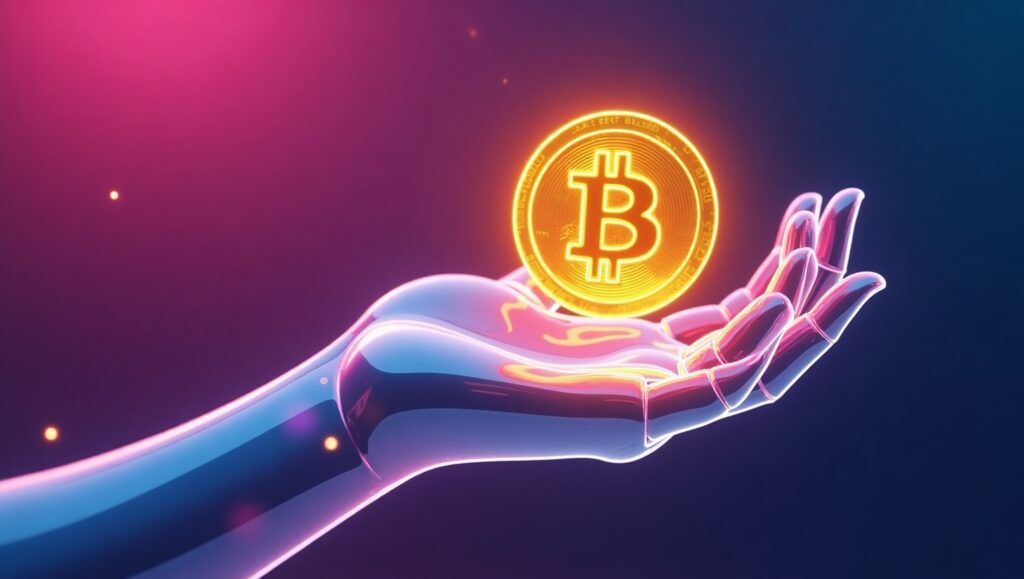
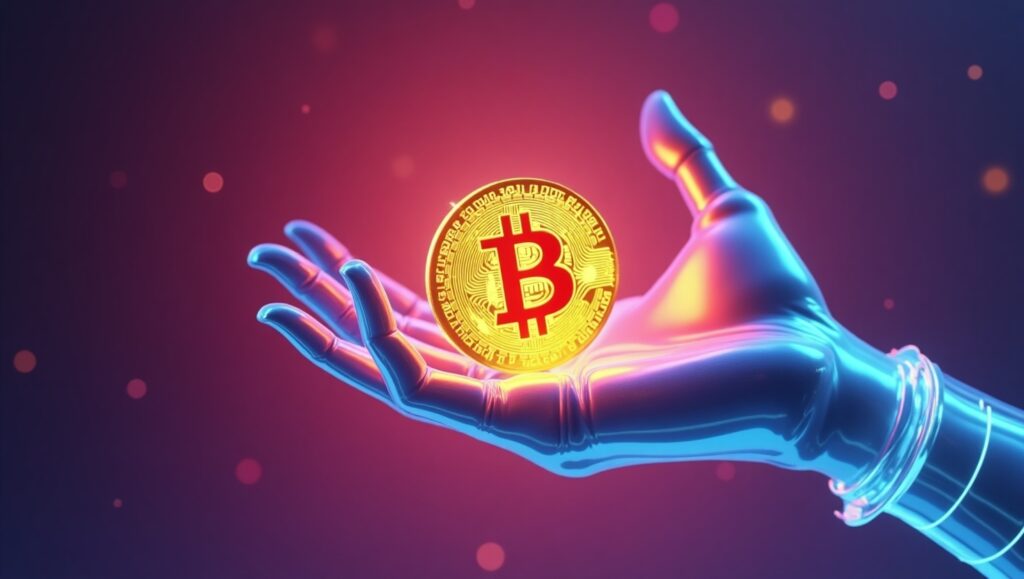
Their product codes may contain QR frequencies that subtly trigger parasympathetic nervous system regulation.